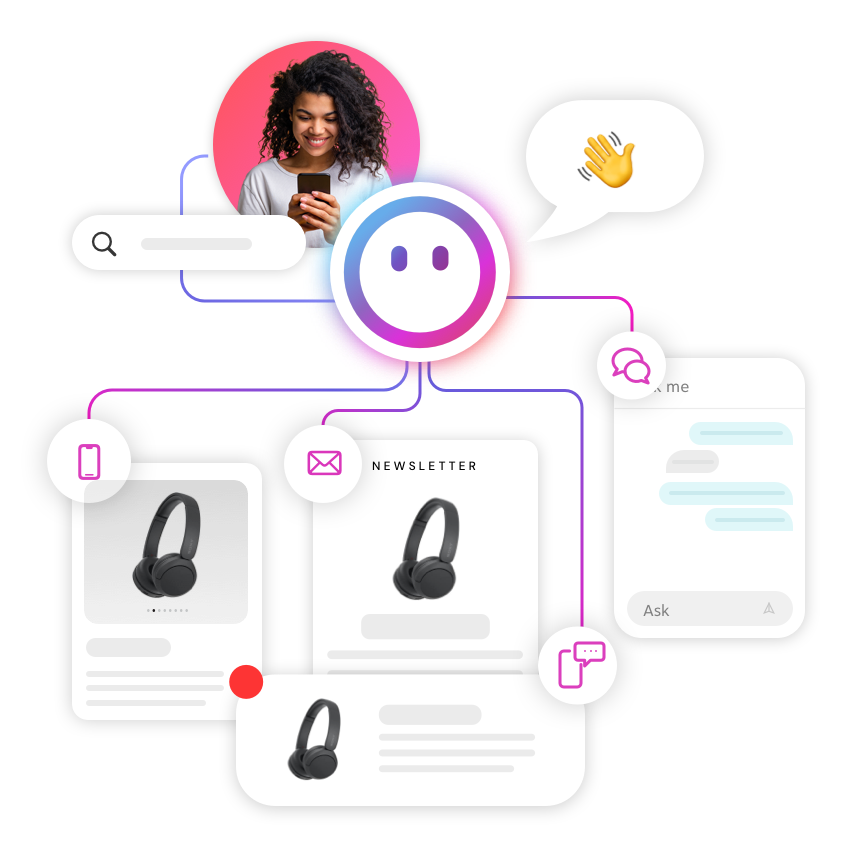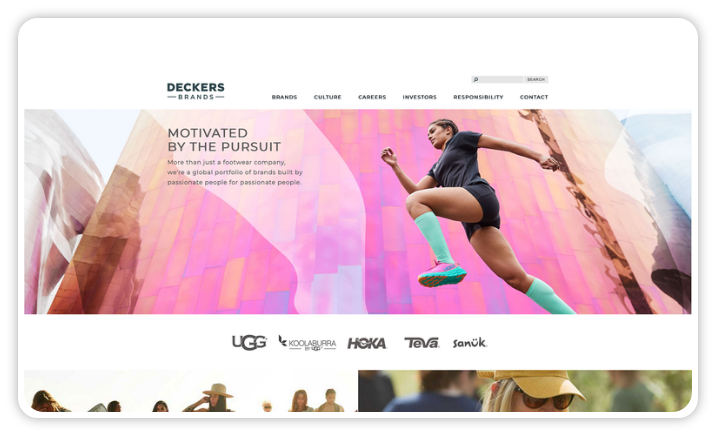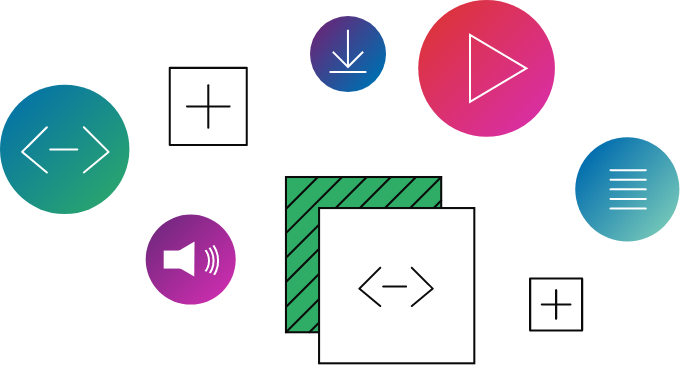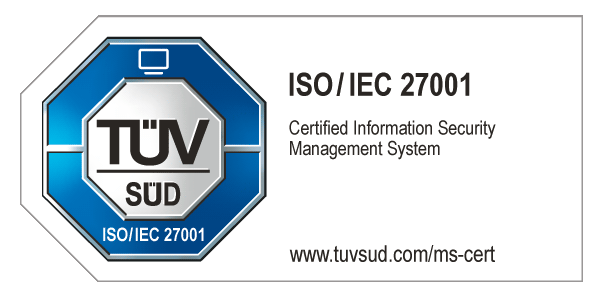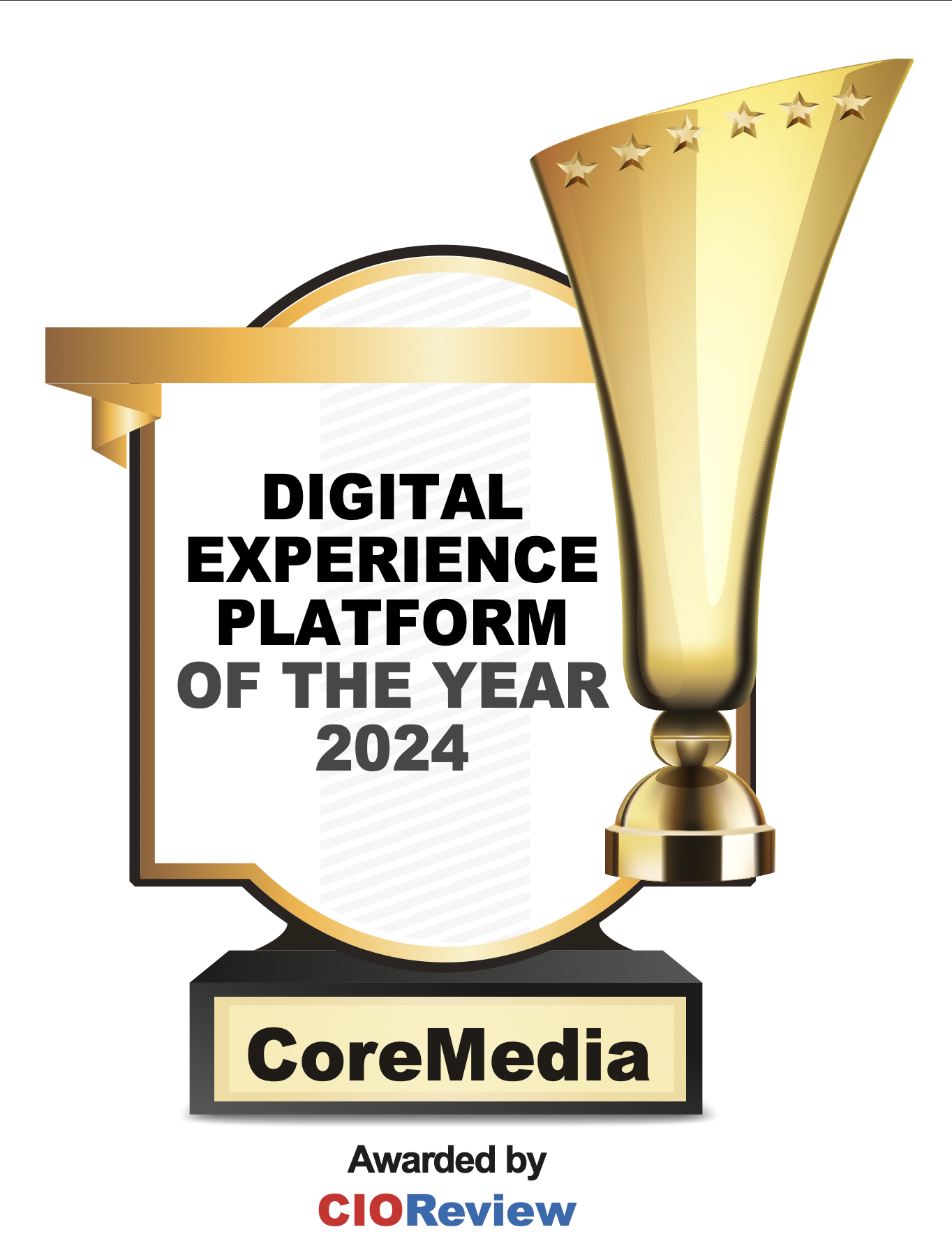Keeping a corporate website or news portal up to date can be a hard work for marketing professionals and online editors. Ideas for customer engagement and conversion-rich content are often lost in the repetitive day-to-day marketing grind. Who hasn't spent hours building landing pages, updating the same quarterly reports or comparing language variants for a product launch, despite the support provided by various workflows and templates?
Wouldn't it be wonderful if we could provide even more automation of these recurring tasks? Advances in the field of artificial intelligence, especially neural networks and deep learning, have made great progress in recent years and many have already left the laboratory stage. The following three examples show particular promise. They’re already available today as cloud services and can be deployed relatively easily:
1. Natural Language Generation
What if a CMS could automatically generate product detail pages based on your eCommerce systems’ online product catalogue? All data that you need is already there and the descriptions are very similar and often differ only in the details. Of course, the articles must be SEO-optimized and written in a way that will appeal to your target group. Natural Language Generation is the perfect solution for this kind of job!
NLG solutions for already used today for generating sports news, weather forecasts or financial reports. Unlike feature news article or opinion pieces, these are all areas that are characterized by standardized formulations and recurring topics. This makes it feasible to automate them based on structured data that can be automatically analysed and interpreted. In fact, NLG solutions are useful and feasible wherever large amounts of structured data need to be translated repetitively into readable form. Leading media companies such as the New York Times and the Associated Press already rely on robot journalism.
Drivers for the use of NLG are cost savings and increased efficiency, but also the increasing use of smart speakers like Alexa. With them, completely new forms of customer interaction and knowledge transfer are possible. Editors can use NLG to generate a series of short, context-related articles that react in real time to the context of a user’s questions.
2. Machine Translation
International brands know the problem: Time is always too short to update all country and language variants for a new product launch. Delays result in later market entry and higher costs.
Editors have long sought a solution that could speed up this process. The automatic translation of texts, however, was long regarded as an almost unsolvable problem. Language is so ambiguous and complex that the gold standard for localization in product and marketing has always been human translators. Increases in efficiency were possible through the use of translation management systems that structure the process and make translations once created reusable through databases . But automated translation was out of the question.
All that is now starting to change. New AI-based translation services are gaining increased attention for their ability to learn autonomously and are constantly optimized with new sets of training data.
The use of machine translators enables further cost savings and accelerated business processes. In the short term, translation service providers will rely on a combination of old and new methods. Machine translators still tend to make mistakes, especially with industry- and subject-specific formulations. But it’s clear that these problems will be eliminated in the near future so that reliable translations can be produced directly and without delay.
3. Keywording and Topic Recognition
Digital content can only be effectively automated when content has been systematically tagged with relevant keywords. Without keywording, editors are forced to manual compile and organize content for different eCommerce campaigns, landing page and relevant “theme worlds”. This is a cumbersome and tedious process. As the number of buyer personas increases, so does the number of potential content combinations leading to significant decrease in the cost-benefit ratio. The same applies to intranet searches and knowledge databases. Deep learning can help in all of these examples by automatically analysing and indexing content.
In addition to written content, images and videos can also be better analysed using artificial intelligence and machine learning. The recognition services of , for example, recognize objects, scenes and activities. They can even read moods from facial expressions, name celebrities or extract text content.
These various analysis options improve the ability to search for content and further automate the playout of personalization content for different target groups.
Conclusion
The examples discussed above are already in use by early adopters. The prerequisites for successful usage are large amounts of data and repeatable processes with potential for savings. Thanks to cloud APIs, the services described can be integrated into your own applications.
When using AI solutions, companies should not only consider the optimization of existing processes but also use the potential for completely new services and products. This is how digital transformation becomes a success.
